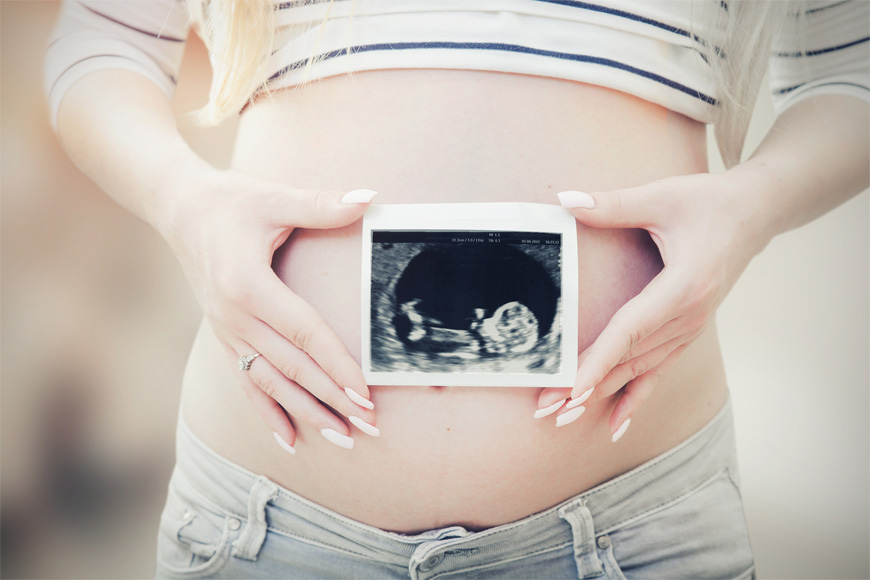The new family law will apply to non-Muslims residing in Abu Dhabi, covering divorce, child custody, inheritance, and marriage
8 November 2021
| Last updated on 8 November 2021
The capital has launched a specialised court dedicated to non-Muslim family matters.
Abu Dhabi has introduced several new changes to their family law for non-Muslims in the emirate, covering civil marriage, divorce, child custody, and family inheritance.
The new law was issued on Sunday November 7 by UAE President Khalifa bin Zayed bin Sultan Al Nahyan.
The changes were introduced to modernise and overhaul the emirate's legal system, and to preserve the rights of non-Muslim residents by ensuring that their legal matters don't fall under Sharia law, said Yousef Al Abri, Undersecretary of the Abu Dhabi Judicial Department.
According to officials, the new family law for non-Muslim residents also aims to enhance the UAE capital's position as an attractive place for global talent.
All procedures at the new specialised court for non-Muslim family matters will be done in both English and Arabic.
What are the changes to Abu Dhabi's family law for non-Muslims?
Changes to non-Muslim civil marriages
Non-Muslim couples in Abu Dhabi can get married "based on the will of both the husband and wife", removing the legal need for consent from the wife's parents or guardian.

Changes to non-Muslim divorce
Previously, non-Muslim spouses in Abu Dhabi applying for divorce had to prove that harm was done to the marriage, or the court will not approve it.
Now, spouses seeking to legally separate no longer need to place any blame or prove that harm was made. Either spouse may request for divorce from the court, without having to go through mandatory mediation sessions or the family guidance department.
Alimony for divorced couples
Alimony and other subsequent requests must be submitted through a "post-divorce request form".
In the case the former couple has a dispute regarding financial requests, then the court will take several factors into account, such as the length of the marriage, the wife's age, and the financial status of each spouse.
Alimony can be renegotiated an on annual basis, and it is automatically invalid when the wife remarries.
Changes to child custody

Under Abu Dhabi's new law, custody of a divorced couple's children will be a joint and equal right between parents, aiming to "preserve the psychological health of the child and reduce the effects of the divorce on the child".
Before the law was changed, mums were allowed custody of her male children until he turns 11, and her daughter until she reaches the age of 13. The dad will then claim custody once the child reaches those ages.
Changes to inheritance
According to the emirate's new inheritance law, non-Muslim expats have the right to draw up a will and give their assets to whoever they want to.
The will must be registered during the signing of their marriage certificate.
If the deceased has no official will, then half of that person's property will go to the surviving spouse and the other half will be equally distributed between their children.
Before, the deceased's son would inherit a larger share. Or, if they have no children, the inheritance will go to their parents or it may be distributed between the deceased's siblings and the surviving spouse.
In summary...
1. Changes to divorce:
As per the new Abu Dhabi law, non-Muslim spouses have the right to divorce without having to prove that harm was done in the marriage.
2. Changes to child custody:
Joint and equal custody of children will be automatically granted to parents following divorce, with procedures in place to settle disputes.
3. Changes to inheritance:
Changes to inheritance laws for non-Muslims in Abu Dhabi mean that, should a person die without a will, half of their estate will automatically go to their spouse, with the other half going to their children.































































.png?itok=o7XUYJI4)

















































































